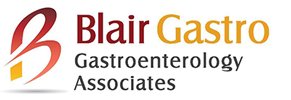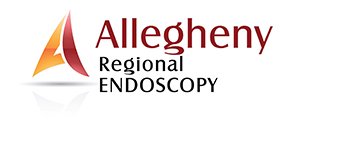What is Radiofrequency Ablation?
Radiofrequency energy (radio waves) is delivered via a catheter which is covered by a band of radiofrequency electrodes to the affected area to remove diseased tissue while minimizing injury to the deeper, healthy tissue layers. This is called ablation, which means the removal or destruction of abnormal tissue. With ablation (or coagulation) the tissue is heated until it is no longer alive. Various forms of this technique have been used by physicians for almost a century, to treat cancerous and precancerous cells and to control bleeding. Blair Gastroenterology Associates specializes in endoscopic procedures and would be happy to accommodate your need for this type of testing. Please be sure to contact our office or speak to your primary care doctor today about referring you to one of our specialists.







